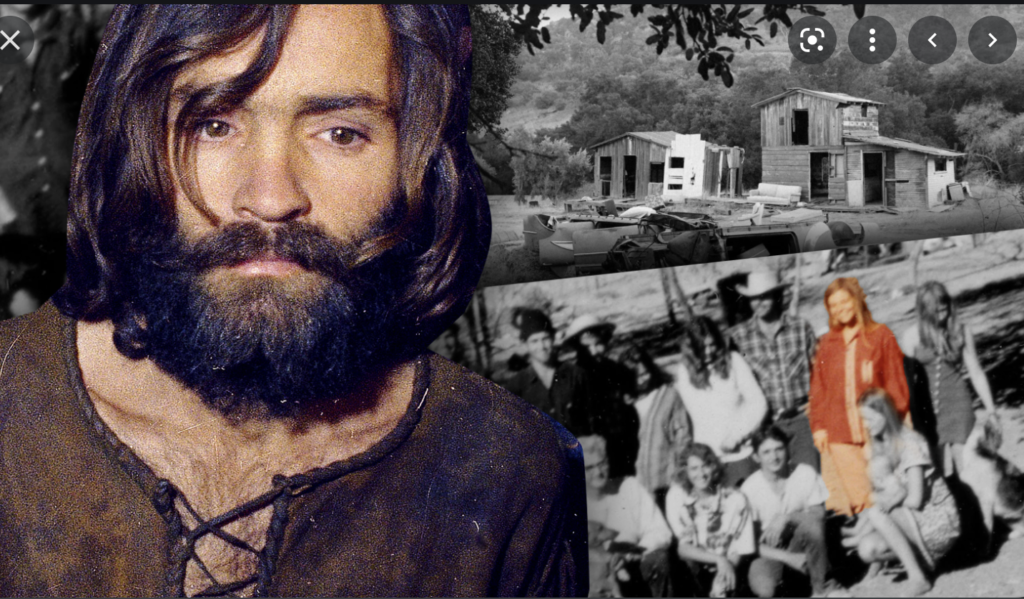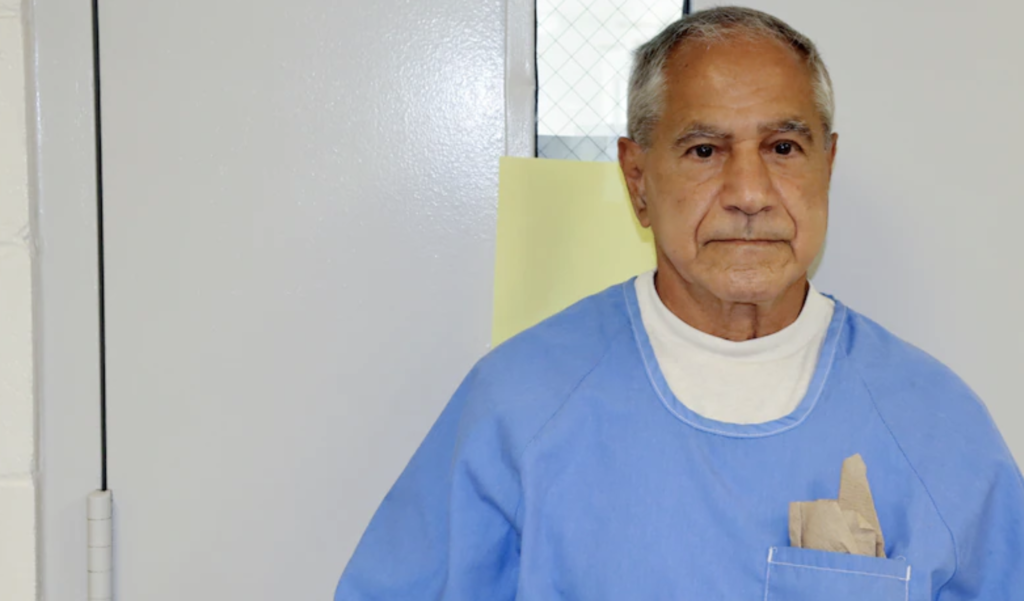I have never believed in the death penalty.
It’s not a kumbaya thing, or a naive belief in the goodness or humanity and the possibility of rehabilitation. I believe there is evil in the world and I strongly believe there are people who should never walk among us again.
But executing people — whether we actually push the button or just allow it — has a negative effect on us and how we view ourselves and our society. That’s why I’m fine with sending the worst criminals to prison for life without the possibility of parole, no matter how much it costs.
The money is part of the price we pay to be decent people.
In the late 1990s, when I was working as a newspaper columnist, I became aware of a man who had sexually molested seven small children, including his own 2-year-old daughter. One of the parents involved called me and told me the authorities were deciding to allow the molester to plead to a lesser charge that would not involve him serving any time.
They didn’t want the hassle of a difficult trial in which the only witnesses would be small children.
It turned out the only way to make them change their minds was to threaten them with publicity. I called the assistant district attorney who had the case and told her I heard they were thinking of letting a molester go free.
She denied it vehemently and that was it. He went to trial, was convicted and went to prison. Since child molesters rarely do well in prison, it was no surprise when he was killed in prison after about a year.
Call it a sort of de facto death penalty, but it’s the de facto part of it that makes the difference.
Yes, there are horrible people who have destroyed lives, people like Charles Manson and Richard Speck. Both were sentenced to death, but neither was executed and both died after long prison sentences.

One of the worst of all, serial killer Ted Bundy, actually was executed, but that was as much a factor of being convicted in Florida, one of the most death-penalty happy states. But Dennis Rader, the notorious BTK killer in Kansas, is serving 10 consecutive life sentences and has to serve 175 years before being eligible for parole.
It’s extremely rare for truly infamous killers to be paroled, but one of the most infamous has taken at least the first step toward freedom.
Sirhan Sirhan was convicted of the 1968 assassination of Robert Kennedy and was sentenced to death. But just as happened with Manson, when the Supreme Court overturned the death penalty briefly in the early ’70s, his sentence was changed to life with possibility of parole.
His application for parole was denied 15 times over the years, but members of the parole board this year recommended that he be released after spending 53 years in prison. The full board has 90 days to reverse the decision and the California governor has 30 days after that.
Should he be released, this 77-year-old man who was convicted of a heinous crime before most people now living were even born?
It’s a difficult call. It mostly comes down to the question of whether there are some crimes that should never be forgiven. complicated by the fact that there have always been doubts that Sirhan was the actual assassin.
I don’t know if I would come down on the side of parole, but I suppose I won’t be particularly upset if he does walk free.
It isn’t my call.
But forgiveness really is divine.

